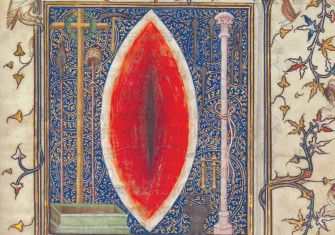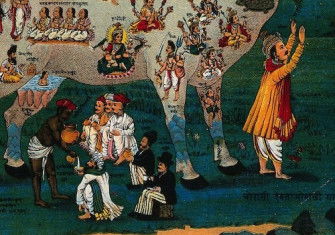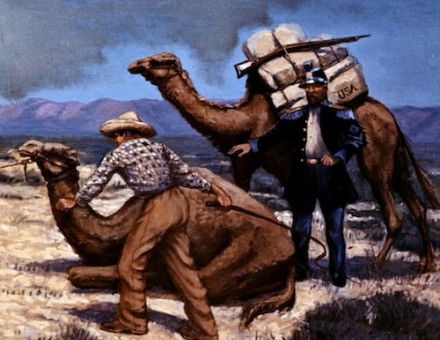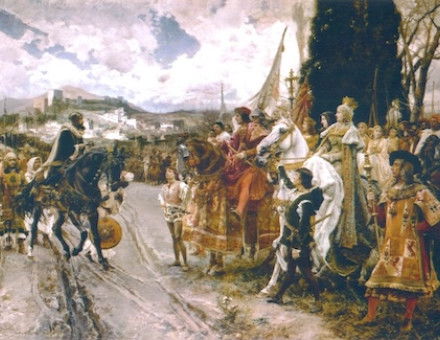The Practical Mysticism of Evelyn Underhill
The past is full of unfamiliar ideas and beliefs, but – as Evelyn Underhill has proven – some things are timeless.
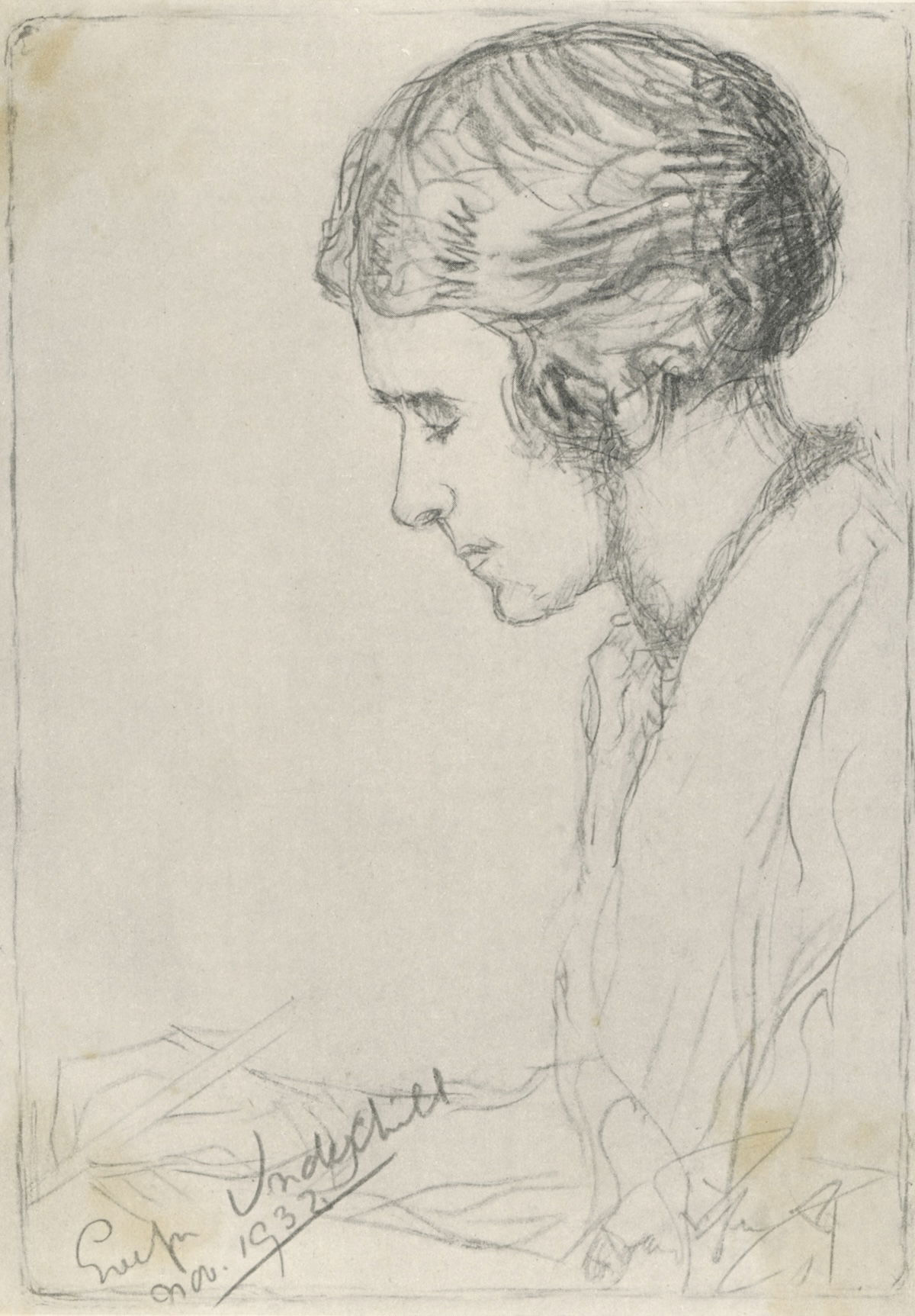
In popular history, there are few more challenging subjects than the supernatural and religious beliefs of the past. Even the most open-minded modern historian or reader of history can struggle as we try to engage with unfamiliar thought-worlds, or cultures where supernatural realities were felt to permeate daily life in ways now unfamiliar to us.
This year marks the 150th anniversary of the birth of a writer who sought to interpret for her own time a form of spirituality which can be especially difficult for a modern Western audience to grasp. Evelyn Underhill, born on 6 December 1875, played an influential role in introducing readers to key works of medieval and early modern mystical and visionary experience.




